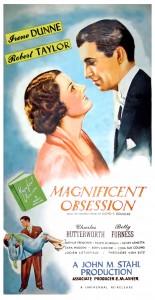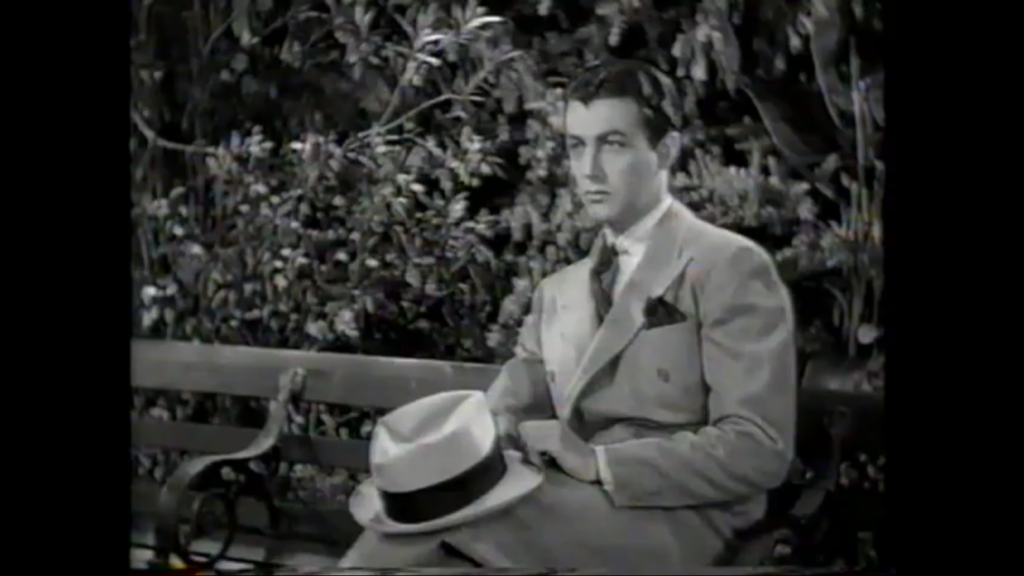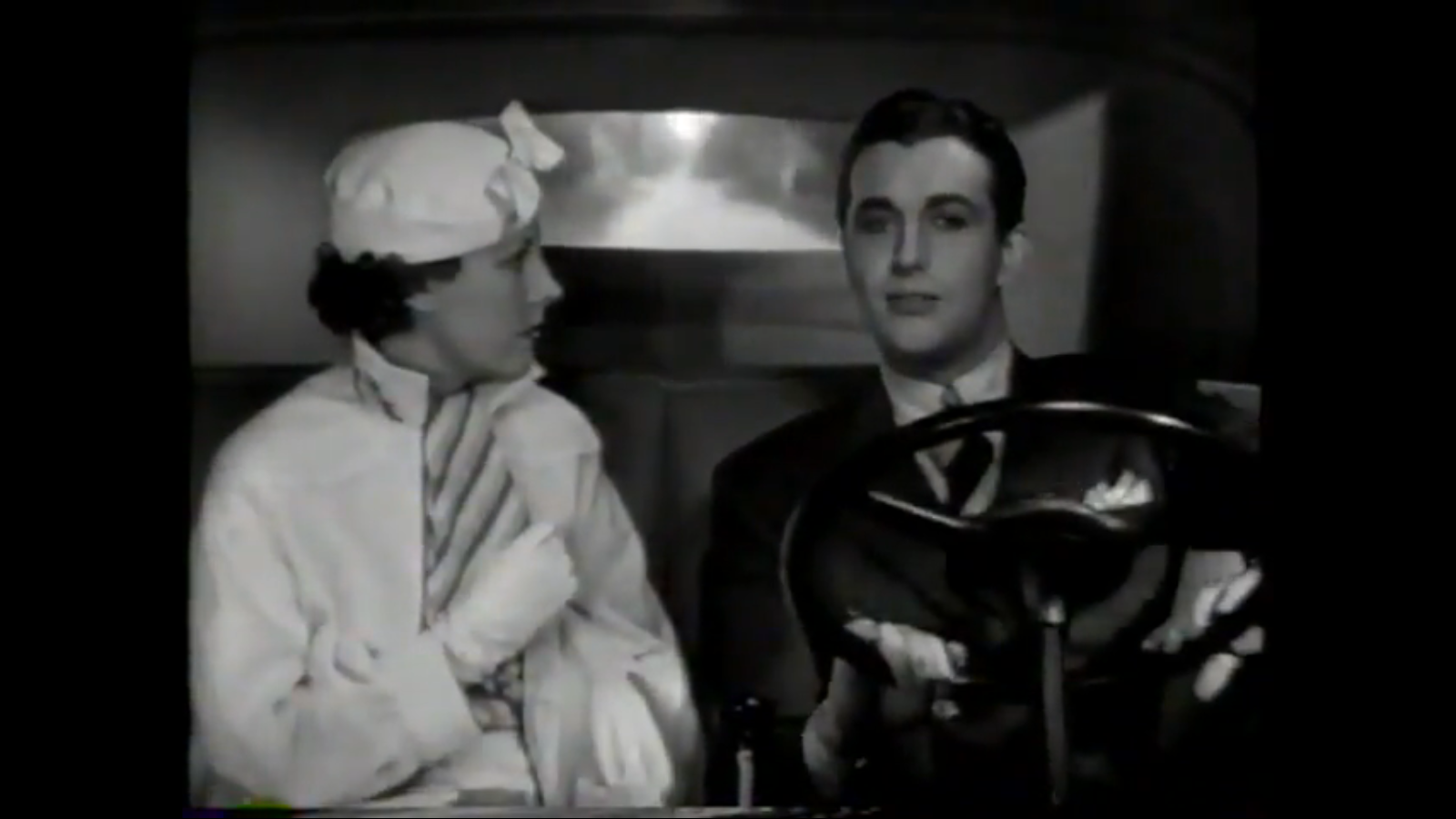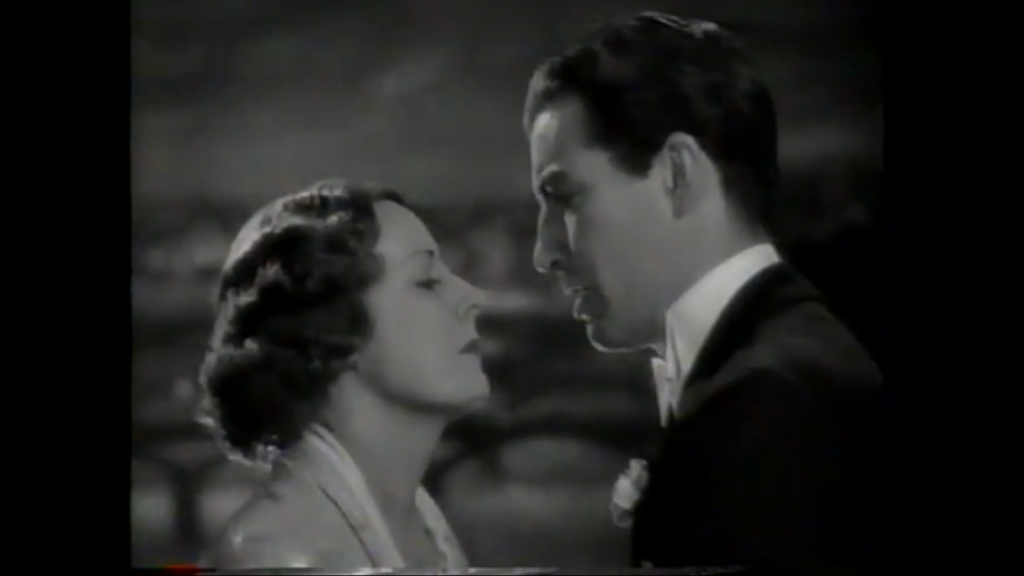Magnificent Obsession (1935)
“He’s dead, I’m alive — we’re both out of luck.”
|
Synopsis: |
|
Genres, Themes, Actors, and Directors:
Review: The “spiritual” element of his transformation — made much more overt in Sirk’s version — is toned down here; indeed, director John Stahl exercises admirable restraint with the undeniably melodramatic material, doing his best to make the storyline feel relatively believable. (With that said, some will naturally prefer the direction in which Sirk took the material, which provides an entirely different cinematic experience altogether.) Dunne, interestingly, isn’t all that memorable here. Unlike Wyman’s counterpart in the 1954 film, she’s at least appropriately young and beautiful — but she really functions as Taylor’s foil; it’s his film all the way. Redeeming Qualities and Moments: Must See? Links: |




One thought on “Magnificent Obsession (1935)”
Not a must.
~tho it’s better than its remake for several reasons.
Most importantly, it’s devoid of camp value.
Even tho it’s the same melodrama, it’s a lot less syrupy than what Sirk served up. For one thing, except for the opening theme and a short romantic interlude, the wise decision was made to keep music out of it. Nothing is there to help jerk your tears. Director Stahl apparently realized it’s soapy enough as is.
Also, unlike Sirk’s version, early on we get insight to Robert Merrick’s character – which brings on needed empathy for him. Taylor does a fine job (even if his makeup seems a tad sharp). I’m not bothered much by Dunne here – she gives a delicate, restrained performance (somewhat reminiscent of Mary Astor in quality).
Ralph Morgan (Frank’s brother) registers well in a small but pivotal role.
The overall message of the film (which I don’t think is diluted, really, in comparison with the remake) is an admirable one – I personally respect this take on ‘God without religion’. But it’s tricky territory, and it does play out a bit awkwardly at times. Still, the idea is a solid one. The theme’s sidebar reveals the power of forgiveness.